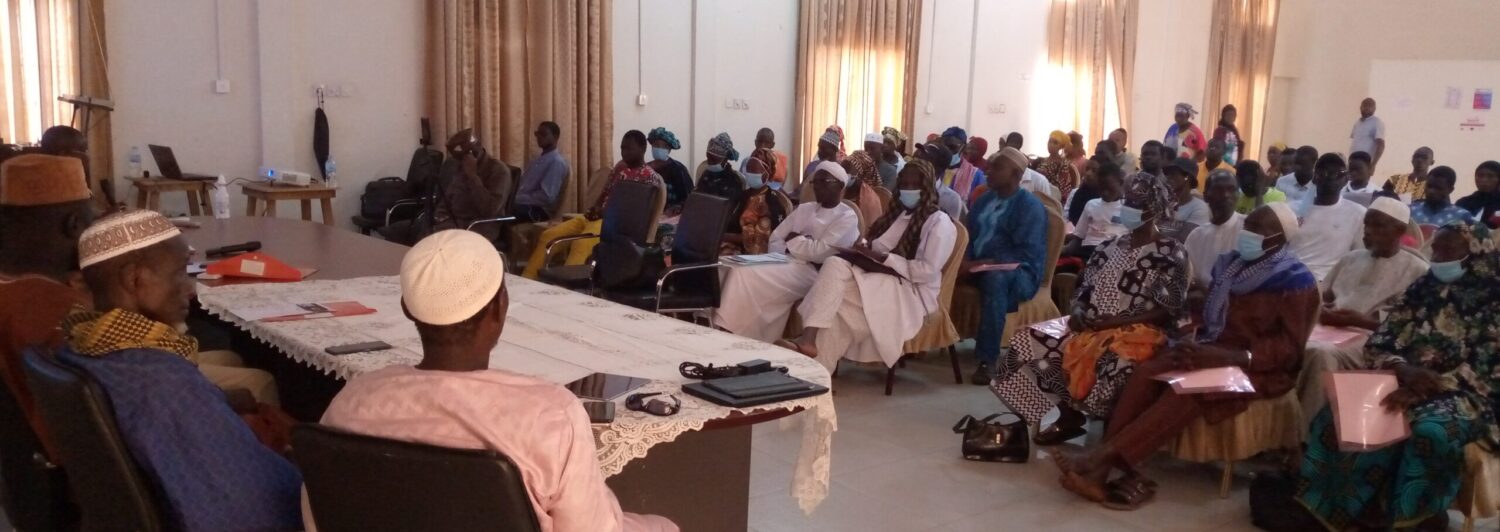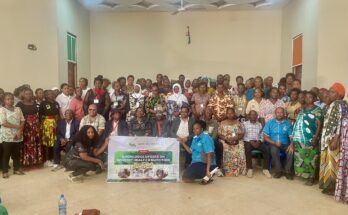In August 2019, the president of Nigeria ordered the closing of land borders with partial openings and closing for people prompted by the coronavirus pandemic throughout 2020. The borders were closed to prevent smuggling of some products in an attempt to ensure food self sufficiency. According to NBS, food prices have soared, reaching 18.3% while inflation of the country rose to a three year high of 14.9%.
Considering the pandemic situation looping throughout the states, flooding experienced in some states and the insecurity situation of the country has led to attacks on farmers. In view of these, the ban to importation of food items under the guise of border closure hasn’t translated into higher production of food by farmers.
It would be surprising to any farmers group in Nigeria to support border reopening. However, pushed to the wall following some of the crises experienced in Nigeria has put the poultry industry in a critical condition which is gradually collapsing the industry. Several organizations like; Poultry Association of Nigeria (PAN), Livestock Industry Foundation for Africa (LIFA) and some other organization bodies asked the government to partially keep the borders open for markets in Agriculture and critical food products, but not the export of under produced foods either formally or informally.
According to the Minister of Finance, Budget and National Planning; Hajiya Zainab Ahmed disclosed reopening of land borders on or before thursday, December 31 and noted that “the ban on importation of rice, poultry, among others remains enforced despite the opening”. However, the decision of the government on borders reopening has caused a mixed reaction among some farmers in Nigeria.
What exactly do we want the Government to do? Has the border closure helped the poultry farmers to prove sustainability and profitability within the periods? When Covid-19 was hampering the growth of the industry and its value chain what kind of safety our Soult call did we make to the Government, Was it not for partial opening of borders? Now that some routes are opened what will be the impact on poultry business? Will it encourage more inflow of banned poultry products?
LIFA believes that opening of borders for legal importation does not equal illegal routes permission of banned poultry products. This new policy will need more vigilance and stricter monitoring of both official and illegal borders. A renewed season of Covid-19 is surfacing all over the world and we in Nigeria must be more proactive than in the first surge of Covid-19 in Nigeria. Attention at the point of entry should not be focused on legality of imported products alone, but to ensure strict compliance on anti covid-19 logistics.




